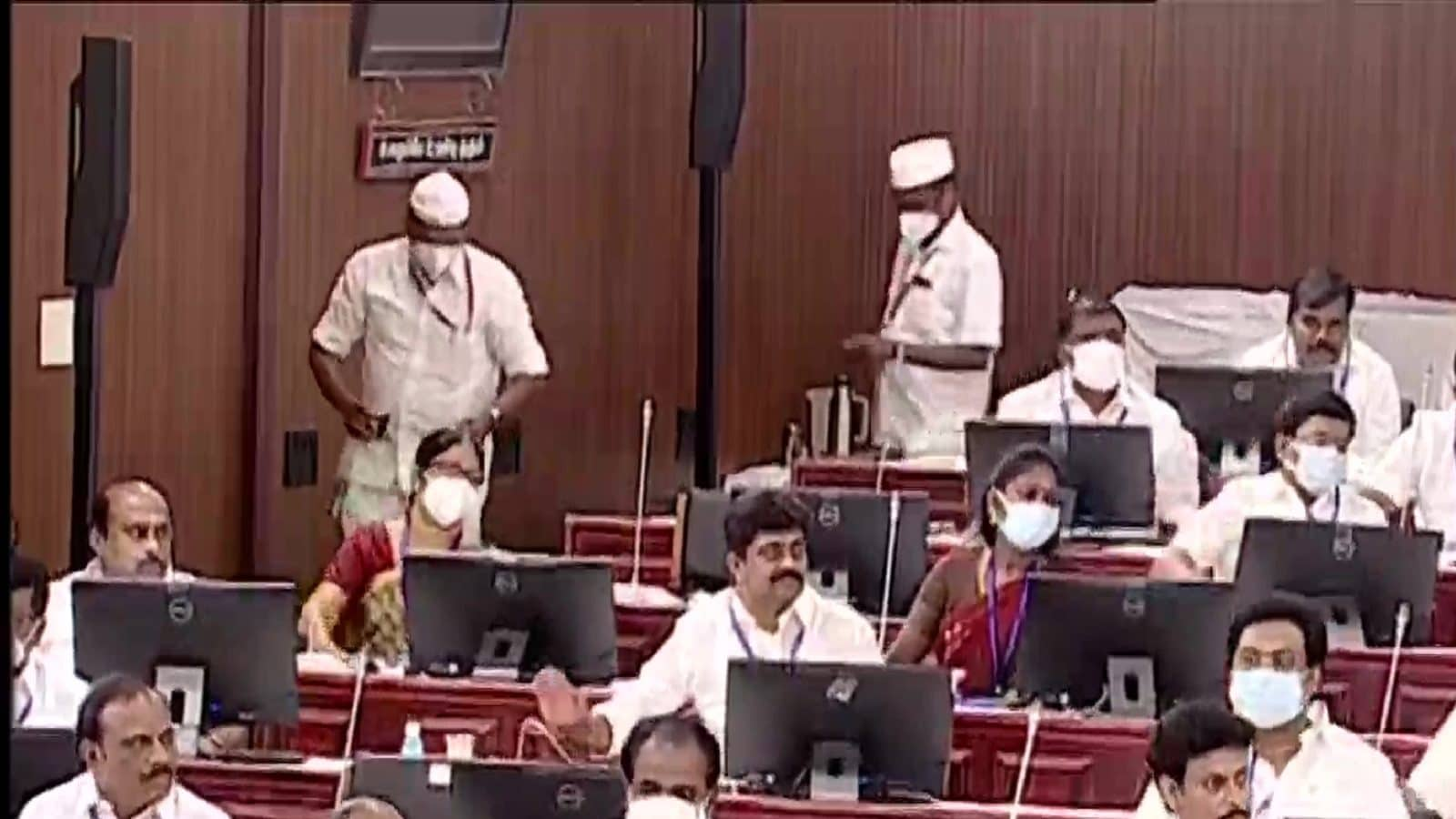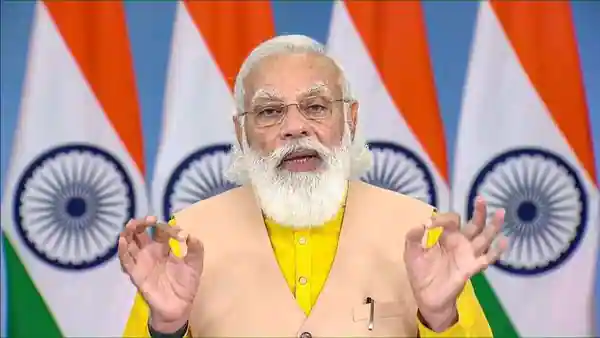The Tamil Nadu Assembly on Wednesday adopted a resolution urging the Centre to repeal the Citizenship Amendment Act, 2019 to “protect and ensure unity and communal harmony and uphold the secular principles” enshrined in the Constitution. The Centre should also fully give up its initiatives related to preparation of the National Population Register and National Register of Citizens, Chief Minister M K Stalin said in his initial remarks on the CAA and ahead of proposing the resolution.
Tamil Nadu became the eighth state to pass a resolution against the CAA, while neighbouring Kerala and Puducherry were the first state and first union territory respectively to go against the Centre’s 2019 amendment law on citizenship. The Union Territory was under Congress rule last year. Stalin said the CAA was a a “big betrayal” of Sri Lankan Tamil refugees as it “usurped the rights” of a section of them who do not desire going back and wanted to settle down in India. “If those (refugees) from Pakistan, Afghanistan and Bangladesh can come (to India and get citizenship), why is there a bar on those belonging to Sri Lanka? This is the biggest betrayal of Sri Lankan Tamils (refugees),” he said. Far from being concerned about Tamil refugees, the Union government actually discriminated against them and that was why this piece of legislation has to be opposed, he added. Refugees should be treated as only fellow human beings and there must be no discrimination on any grounds, be it religion, race or their country of origin and only this could be the “correct view.” Among the arguments advanced by Stalin against the CAA included a contention that it was “against the basic structure” of the Constitution and divided people. While the CAA provided for citizenship for refugees belonging to several faiths, “Islamic people have been deliberately avoided and since this divides people based on religious lines, our party opposed this in the introductory stage itself (in Parliament).” India “glittered” as the world’s biggest democracy only due to its “Unity in diversity” philosophy and people transcended several barriers, including religion and language due to this, he said. Stalin said India’s freedom was won only because of a united fight from the Himalayas to Kanyakumari and the CAA impinged the hoary tradition of harmony. This law, that paved the way for “creating differences among the Indian people, was unnecessaryt” and hence should be rescinded, he said. The resolution moved by Stalin said the CAA passed by Parliament in 2019 “is not in tune with the secular principles laid down in our Constitution and also not conducive to the communal harmony that prevails in India.” As per established democratic principles, a nation should be governed taking into consideration the aspirations and concerns of the people belonging to all sections of society, the resolution said.
“But it is clearly seen that the CAA was passed in such a way that it does not accord a warm support to the refugees considering their plight, but instead discriminates against them according to their religion and their country of origin.” Hence, to “protect and ensure the unity and communal harmony in this country and to uphold the secular principles enshrined in the Constitution of India, this August House resolves to urge the Union government to repeal the Citizenship (Amendment) Act 2019.” The Bill was adopted by voice vote. The main opposition AIADMK’s members were not in the House during its passage. They staged a walkout over issues they tried to raise during the zero hour.
Opposing the resolution, the BJP MLAs staged a walkout and later speaking to media, the party’s legislature party leader Nainar Nagendran said the CAA has absolutely nothing against Muslim people. “The CM today speaks of communal harmony, but does not even greet people for Hindu festivals, including Ganesh Chaturthi and Deepavali,” Nagendran said. All other parties, including AIADMK’s ally PMK, supported the resolution in the House. Leader of the Opposition K Palaniswami told reporters that they could not raise key issues in the House as they did not get the nod from Speaker M Appavu and even some views expressed by them -following permission for a brief while- were later expunged.
Condemning this, Palaniswami said, his party staged a walkout. Listing schemes like two wheeler scheme for women beneficiaries, he said the DMK government has “given up” this and one after the other, such welfare schemes of the AIADMK regime were being scuttled, he claimed.
Tamil Nadu follows Kerala, Punjab, Rajasthan, West Bengal, Madhya Pradesh, Chhattisgarh (Cabinet resolution) and Telangana (also, against National Population Register and National Register of Citizens), which had passed resolutions against the CAA. Andhra Pradesh, Delhi and Jharkhand Assemblies had passed resolutions against the NRC and NPR, while Gujarat and Goa passed resolutions and a “congratulatory motion” respectively in favour of the CAA. The Meghalaya Assembly had passed a resolution, urging the Centre to keep the state out of the ambit of the CAA.




